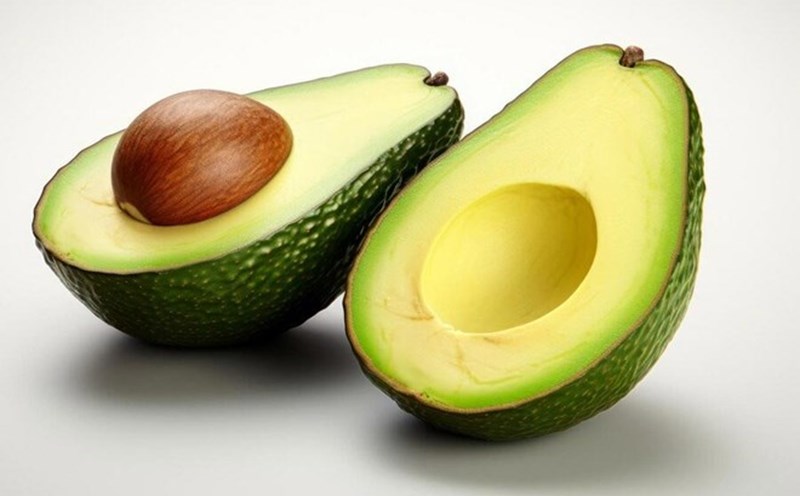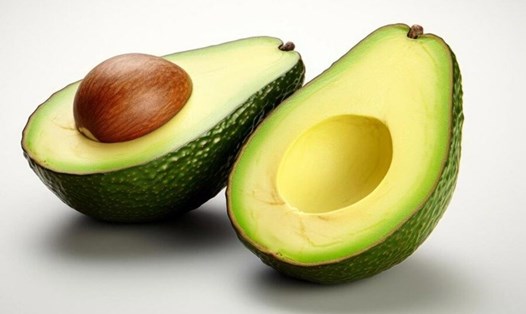Excessive consumption of animal protein
Many people focus on protein from red meat, poultry or dairy products and ignore plant protein sources.
Research from the World Health Organization (WHO) shows that consuming too much animal protein, especially from red meat and processed meat, can increase the risk of cardiovascular disease and cancer.
Furthermore, animal protein is often loaded with saturated fat, which reduces weight loss effectiveness.
Imbalance between protein and other nutrient groups
Some people lose weight by increasing protein but cutting out carbohydrates and fat almost completely. This can leave the body lacking energy, causing fatigue and nutritional imbalances.
The body needs enough carbohydrates to fuel the brain and fat to absorb fat-soluble vitamins. Meals that focus solely on protein can reduce long-term weight loss.
Not paying attention to clean and healthy protein sources
Choosing protein from unreliable sources, such as processed meats or foods high in preservatives, can do more harm than good. The American Heart Association (AHA) recommends prioritizing protein from fish, beans, nuts, and white meat.
These sources provide additional nutrients such as fiber, omega-3s, and antioxidants, which aid in weight loss and health maintenance.
Ignore the water requirement when increasing protein
Protein requires a lot of water to be metabolized and excreted through the kidneys. A study from the National Kidney Foundation found that increasing protein without drinking enough water can put a lot of pressure on the kidneys, increasing the risk of dehydration and kidney stones.
It is essential to make sure you drink at least 2-3 liters of water per day when following a high protein diet.
Focus on quantity and forget quality
Many people eat too much protein without taking into account the quality and absorption rate.
According to the Academy of Nutrition and Dietetics, the body can only absorb about 20-25g of protein per meal.
Eating too much in one meal not only does not increase weight loss effectiveness but also puts a burden on the liver and kidneys.











